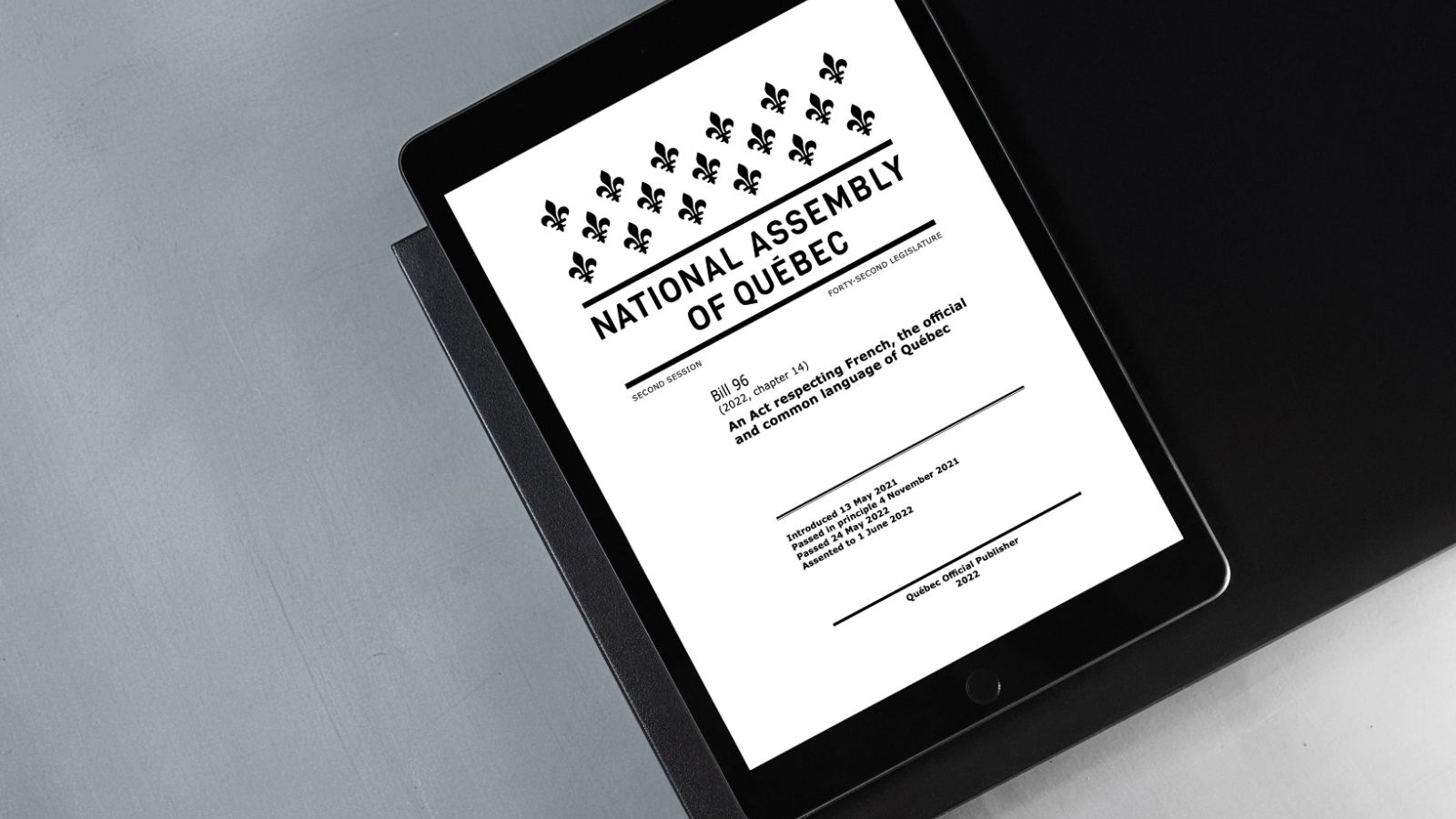
Articles
From the Ground Up: Five Strategies for Creating and Managing Global-Ready Content

Articles
From the Ground Up: Five Strategies for Creating and Managing Global-Ready Content

Articles
A Tangled Web: How Version Control and Audit Trails Keep Localization on Track

Articles
Cut Costs, Not Corners: Smarter Healthcare Translation Strategies for 2025

Articles
Moving Targets: How Localization Keeps Digital Health Apps Market-Ready

Articles
Why AI TM Cleanup Is Worth It

Articles
The French Connection: What Quebec’s Bill 96 Means for Translation and Compliance

Access Granted: How Localization Improves Accessibility in Public Spaces
Articles
・9 min read

The "End-User in the Loop" report interview with Gabriel Karandyšovský
Articles
・14 min read